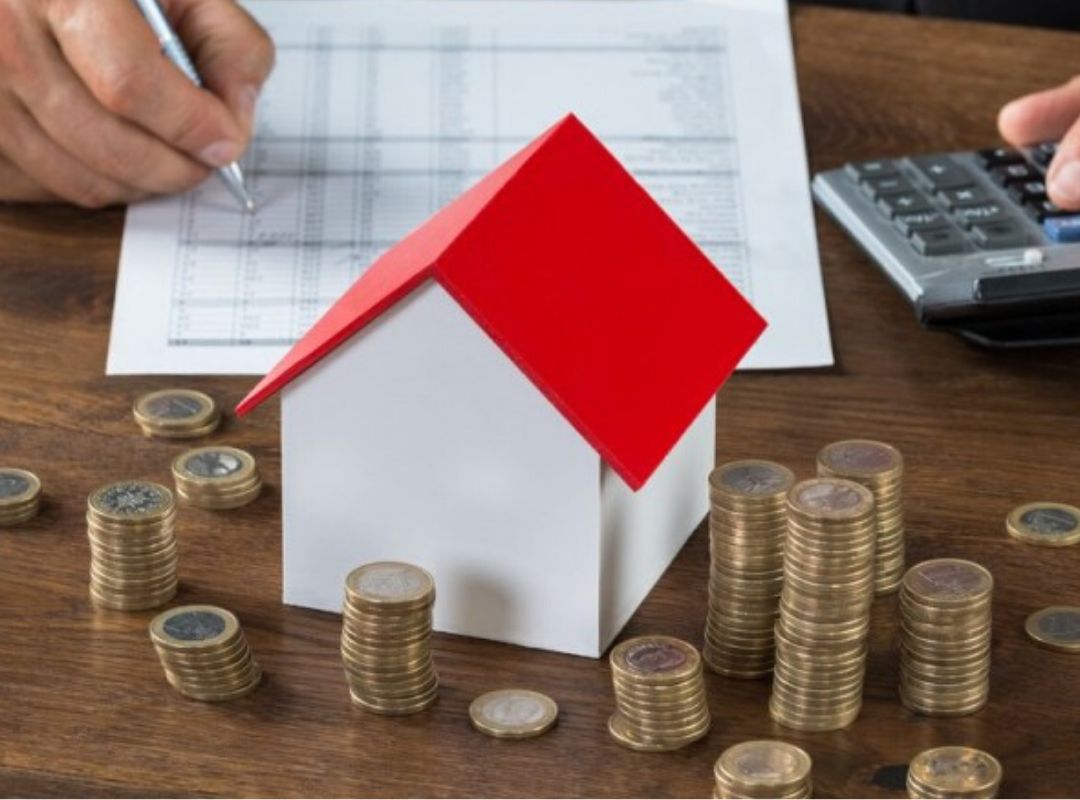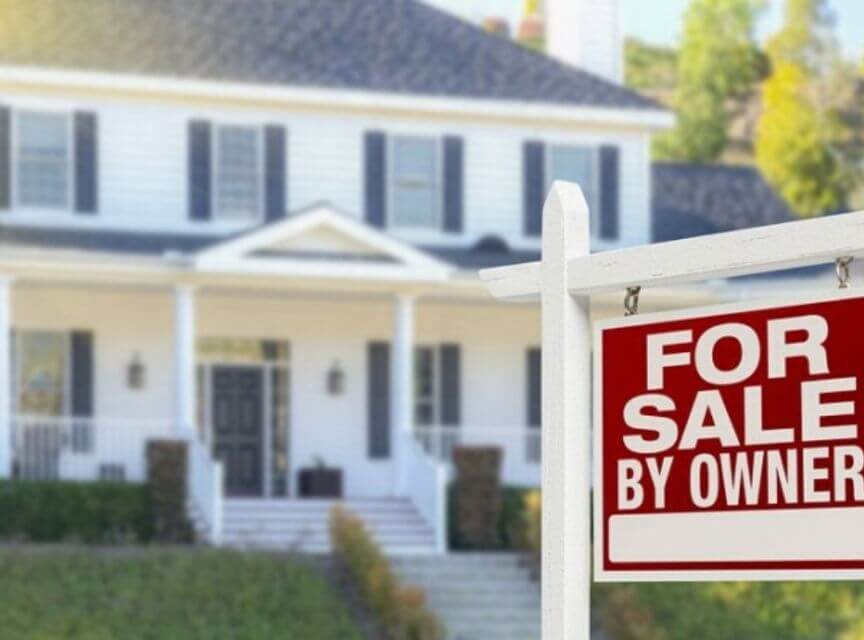Buying versus Renting: The Great Property Debate
When it comes to property, there is one continuous debate which has been ongoing for years – is buying or renting better?
When it comes to property, there is one continuous debate which has been ongoing for years – is buying or renting better?
Of course, some experts say one is better whereas others will swear by the opposite so it can be hard to know which is best, especially if you aren’t a professional who is fully clued up and resides within the inner workings of the industry loop. In fact, many would argue that there is no definitive answer, and to suggest one is largely better than the other could actually be detrimental to the property market.
For that reason, we are here to cut through the debate and reach the core of the question, providing a full range of benefits and drawbacks to each in order to allow you to make your own fully-informed conclusions.
The Benefits of Buying
Isn’t it just a lovely feeling to know that your home truly is yours? The feeling of coming home to your own property is completely different to that of coming home to a rented building, even if both are called home. This also provides you with a greater level of pride and care over your own little space, affording you greater ties with your neighbors and community and ensuring that you can renovate and decorate exactly how you want when you want.
From a more technical viewpoint, the average property will increase in value and build equity, providing a valuable asset for the future which can later be sold as you move up the property ladder or alternatively, be left to your loved ones as a nice little nest egg. In addition, if you choose a fixed-rate mortgage, your finances and costings will be far more stable and predictable than leasing.
The Benefits of Renting
For the nomadic lifestyle or those who regularly have to change location as a result of work commitments, renting is ideal. Similarly, with the addition of flexible leases, you are free to move around as you like – if you aren’t happy with something, you should be free to up sticks and relocate elsewhere with minimum hassle. However, that being said, if something within the house isn’t up to scratch or the property is in need of maintenance or repair work, you won’t have to shell out as this is the responsibility of the landlord, not the tenant.
The Drawbacks of Buying
Aside from the realization that ‘your’ home isn’t really yours, many people are wary of renting as they see it as a money trap. The common theory of getting into the never-ending cycle of renting is a real fear for many would-be first-time buyers, and in some cases, it can be a real struggle. Plus, your rent can easily fluctuate – just because you get a bargain in one year, doesn’t mean you will the next.
In the same breath, there’s no escaping the fact that deciding to buy a home is a long-term financial commitment. You will be tied to your property, your area, and your mortgage, meaning that life will suddenly become a lot less flexible. In addition, there is usually a large upfront cost associated with buying a house, including factors such as a down payment as well as all the costs associated with moving and any immediate purchases or repairs that are essential.
Speaking of repairs, when you own a property, you are solely responsible for all repairs, maintenance, and upkeep on that building. Whether they are large investments or smaller replacements, the costs can easily add up and leave you out of pocket. Similarly, depending on your property, it is highly possible that the value of your home won’t increase for a while after purchase – if you are looking for a quick-fix solution, buying is likely not to be the answer.





